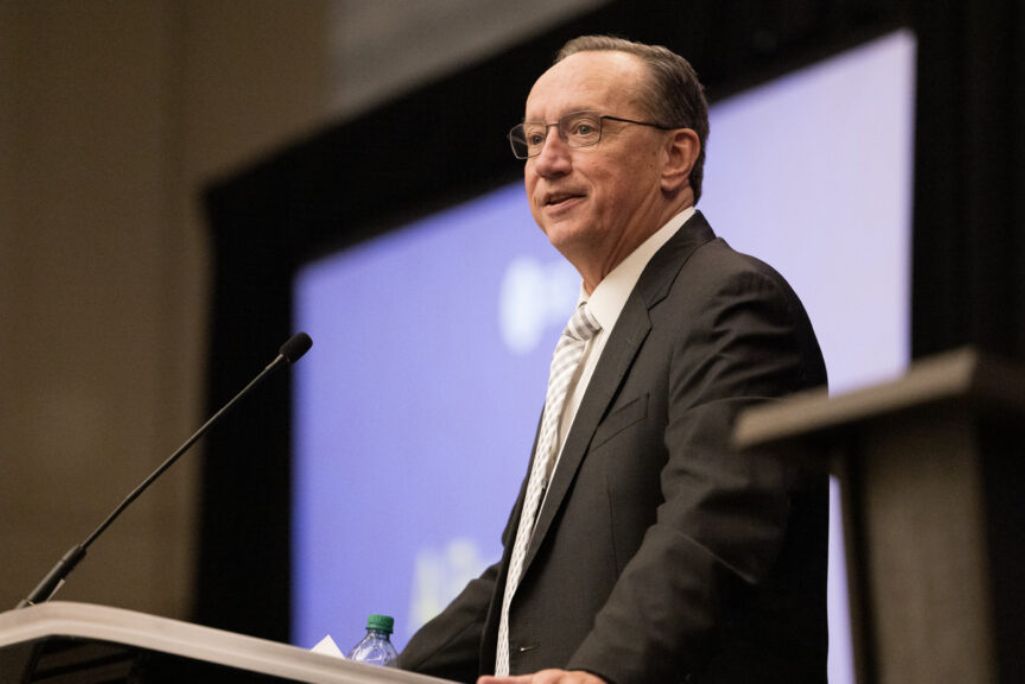As Independence Day rolls around again, and patriotic fervor in the country seems to temporarily spike (along with the temperatures), many Americans are prompted to reflect upon their country and government. Christians should do so as well. Now is a good time to consider our role in American society, especially in light of the moral (or rather, immoral) revolution that has recently swept our country.
I admit that when I read about some of the happenings in Washington D.C., or encounter some of the base images and topics my four young sons are exposed to as we simply go through the ordinary routines of our lives, I sometimes contemplate moving my family to a lonely mountain in North Carolina to live in an isolated, relatively controlled environment.
Such a notion, I trust, is not completely wrong. I imagine it is quite natural for a born-again believer to scorn and desire some escape from this sin-saturated world. While I can’t fully condemn these separatist impulses, I know from scripture that I must check them.
It’s true that God’s Word says our place in the world to come is infinitely more important than it is in this one, but nowhere does it indicate we are to totally disregard or segregate ourselves from this world. Rather, the Bible calls us to be in the world, but not of it. We are to be distinct from the world, and minister to it with an eternal focus in mind.
Because there is no greater way to minister to the lost world around us than through the proclamation of the gospel, we rightly tend to eschew politics in favor of evangelism. However, we must not totally disregard the former. We must remember that politics has connections to both evangelism and to eternal matters. I was reminded of this by two recent events in my life.
The first occurred while reading a child’s history of Andrew van der Bijl to my boys. As they were being mesmerized by tales of “Brother Andrew” sneaking Bibles into Communist countries, I was somberly contemplating the eternal fate of the millions of people living behind the Iron Curtain who, because of their government’s atheism and authoritarianism never heard the name “Jesus Christ” before they died.
This should never be! Christians should be concerned with politics if for no other reason than to prevent governments from enacting policies inimical to the spreading of the gospel. The state-mandated secularism of the Soviet Union may be an extreme example, but the lesson to be learned is nevertheless valid: the types of governments formed through the various political processes found around the world (including here in America) can and do affect the ability of Christians to do essential, God-ordained tasks such as evangelizing and disciplining.
Christians are obligated to pay attention to political developments and seek to influence government policies, even if just to protect the free exchange of ideas – the chief and truest of which is Christianity. Secondly, I recently heard a relatively prominent theologian celebrate the decline of cultural Christianity in America because it will make the church in the United States leaner and more unified. While I am all for strengthening the church spiritually and long to see it shed some of its superficial elements, I hesitate to rejoice because our culture has turned its back on Christian principles and is increasingly calling evil good and good evil.
Such a cultural shift may indeed make the church leaner, but it also celebrates sin, thus ensnaring many in its grip and leaving millions of innocent victims in its wake. Can Christians really applaud the social acceptance of abortion as birth control, rampant illegitimacy and the redefinition of marriage, among other things, just because such developments make Christians an embattled minority? Such a situation may further unify the church, but at the cost of destroying the lives of countless individuals and God giving people over to the lusts of their heart.
Rather, if we believe that what God has told us about topics such as life, love, sex, marriage and family are true, then we should strive to make our laws and practices reflect what God says is best. We are called to love God and neighbor as our self.
Do we love or honor God when we refuse to apply His truths, His blueprint for society, to the world in which we live? Do we love our neighbor by standing idly by as our culture and government promotes sinful behaviors which will only cause them misery and lead them further into depravity?
We may fail in our efforts to change the culture and to shape legislation, just as we may fail to win converts when we share the gospel. But we are called to make an effort in these areas, resting on the knowledge that God is ultimately responsible for the results.
So, if you have disregarded the Christian’s role in government due to a defeatist attitude, or because you think politics is worldly and believe that we should focus exclusively on preaching Jesus or for some other reason, please allow this July 4 holiday to spur you to action.
Pray for our elected officials, give of your time and money to candidates whose worldview is based on the truths of the scriptures, and engage in public discourse – through social media or in the form of letters to the editor.
And remember, though we live in the world we are not of the world and we don’t wage war as the world does. The weapons we fight with are not the weapons of the world.
On the contrary, our weapons have divine power to demolish strongholds. We demolish arguments and every pretension that sets itself up against the knowledge of God, and we take captive every thought to make it obedient to Christ.
(EDITOR’S NOTE – Brent Aucoin is an associate professor of history and the associate dean of The College at Southeastern.)


